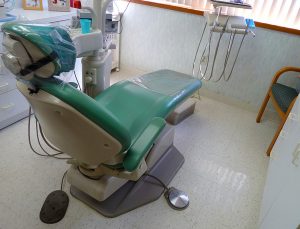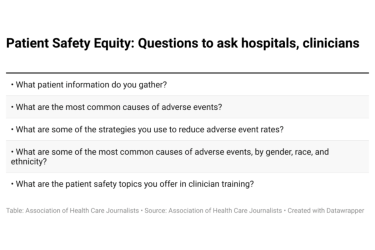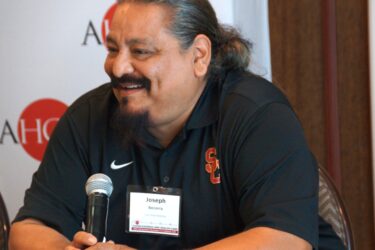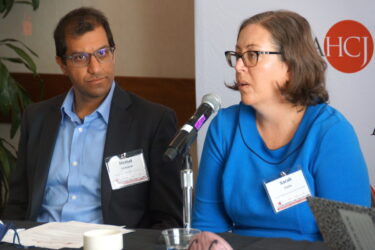
A bill recently signed into law by Arizona Gov. Doug Ducey opens the way for dental therapists to begin providing services in tribal health centers, safety net clinics and other public health settings across the state.
Diverse supporters of the change ranged from health advocacy groups and tribal organizations to the libertarian Goldwater Institute, which issued the report, “The Reform That Can Increase Dental Access and Affordability in Arizona.”
Citing Arizona’s chronic challenges with provider shortages, untreated oral disease and costly emergency room visits for dental problems the dental therapists’ backers successfully argued that the technically-trained providers, often compared to nurse practitioners, would help expand access to basic care, particularly in poor, minority and rural communities.
Dental therapists are now working in tribal communities in Alaska, Oregon and Washington State as well as throughout the state of Minnesota. They have been adopted in Vermont and Maine and are being weighed by several other states.
Dental therapists typically receive about two years of intensive training in preventive care as well as common restorative procedures such as filling cavities, placing temporary crowns and some extractions.
Though the providers work under the supervision of dentists, organizations including the American Dental Association and state dental groups continue to raise objections about the model. The dental organizations contend that no one but dentists should be allowed to perform what are termed “irreversible surgical procedures” such as drilling and extracting teeth.
In Arizona, state Rep. Regina Cobb, herself a dentist, voiced her objections to the move.
“She noted dental therapists are ‘less-trained’ providers, adding that all Arizonans should have the same level of care,” noted reporter Kelsy Mo in a story for The Arizona Republic.
Is this type of dental provider being discussed in your community? Before you begin your reporting, check out this new AHCJ tip sheet.








